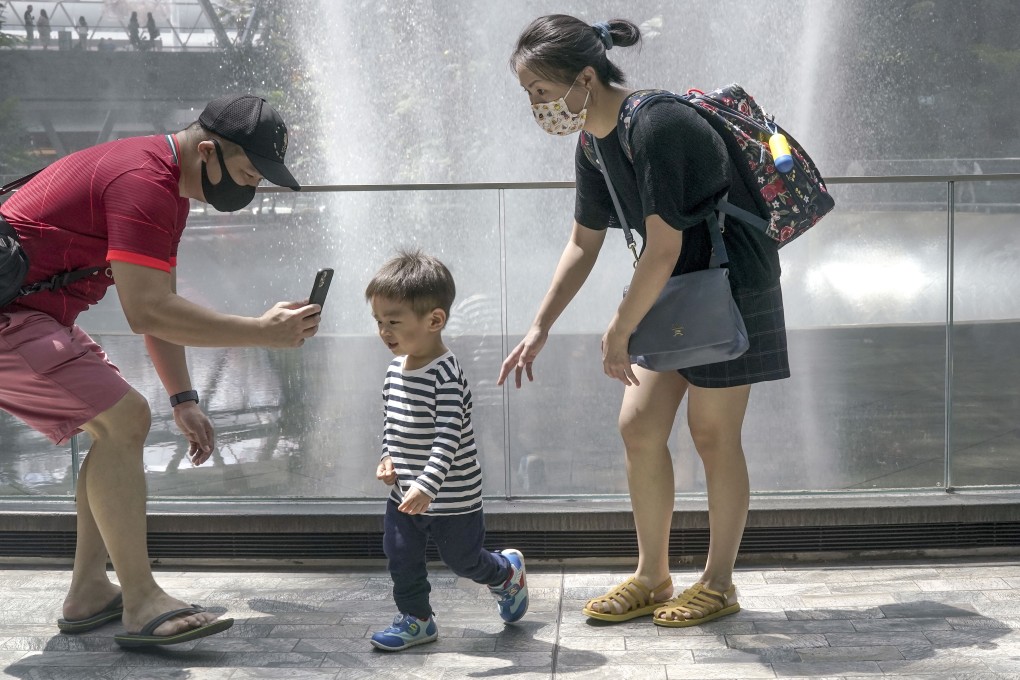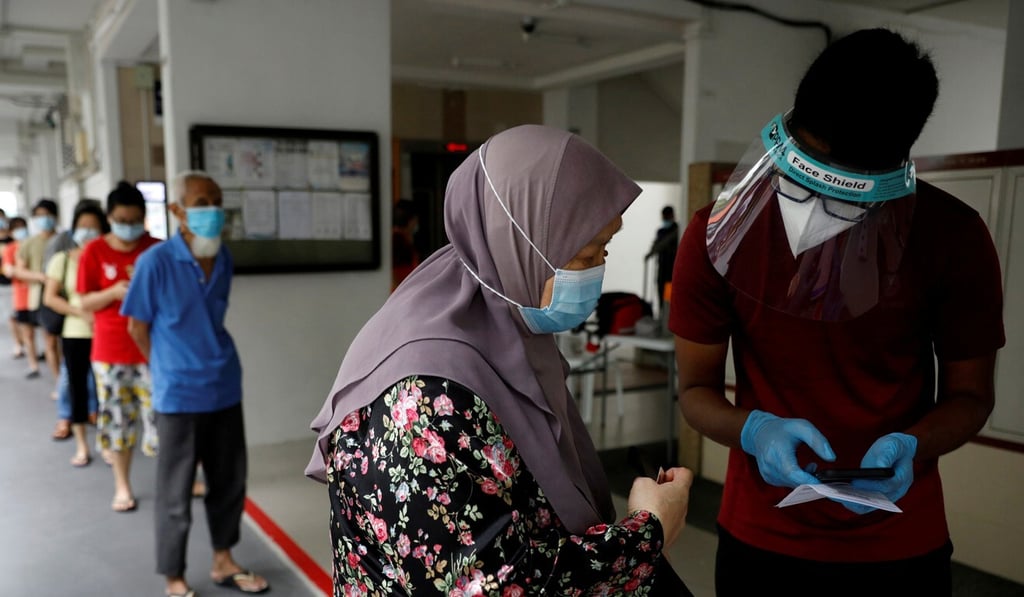Coronavirus: Singapore cuts quarantine to two weeks for most travellers; India declares ‘Delta-plus’ variant of concern
- Singapore’s health ministry imposed the three-week isolation period at the end of April as a precaution amid emerging variants of concern
- Elsewhere, New Zealand was on high alert after an infected traveller’s visit from Australia, and Thailand reported a record number of daily deaths from Covid-19

The health ministry imposed the three-week isolation period for all inbound travellers – except those from Australia, Brunei, mainland China, New Zealand, Hong Kong and Macau – in May as a precaution amid emerging variants of concern.
“We have since reviewed the international evidence and local case data,” the ministry said in a statement on Wednesday. “While there is increased transmissibility with the new variants of concern, we have found no evidence – from both overseas and local data – that these variants come with longer incubation periods.”

It cited the 270 imported cases Singapore has seen since it introduced harsher quarantine rules, all of which had incubation periods within the 14-day window.
The new rule will take effect from Thursday for all travellers with a recent travel history to higher-risk countries over the past 21 days, who will still be required to quarantine at dedicated facilities and hotels. Different quarantine arrangements are already in place for lower risk places, such as those mentioned above.
Given the high transmissibility of the new variants, however, the ministry said travellers would be required to test themselves three times – on days three, seven and 11 following their arrival – while in quarantine.